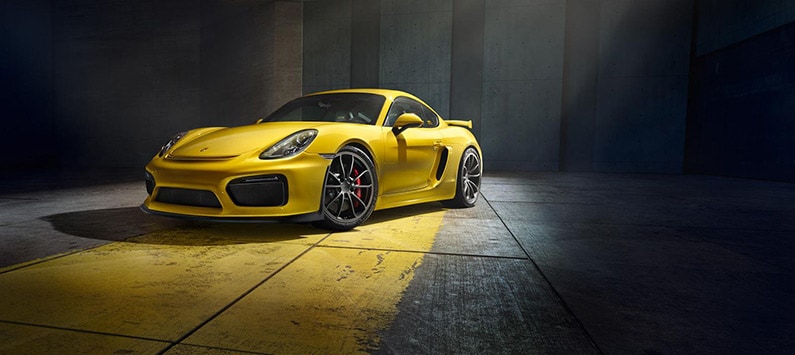
Your Porsche is your baby. You want to treat your vehicle right to ensure your Porsche gives you many years of reliable luxury. Naturally, this care extends to the type of fuel you use, but does fuel type matter? Find out what type of gas is best for your Porsche and what could happen if your shortchange yourself on fuel quality.
Your Fuel Options at the Pumps
When you drive to any gas pump, you’ll have a choice between three types of fuel: regular, mid-grade, and premium. These options are rated based on their octane level. In other words, regular-grade gas will range from 85 to 87, mid-grades from 88 to 90, and premium fuel from 91 to 93.
Higher octane levels generally improve miles per gallon and offer more power to your car, but when you’re faced with more cost for more octanes, you’re probably wondering if you can get away with regular fuel in your Porsche.
The Correct Octane Level Prevents Engine Damage
Auto makers behind every Porsche design these vehicles with catalytic converters that use unleaded fuel only. While you could use regular unleaded fuel in your gas tank, the designers have engineered your engine to run optimally on premium unleaded fuel. Why?
Well, leaded fuel can leave deposits in the catalytic converters, making them ineffective for emissions control. Generally, however, you won’t have to worry about pumping leaded fuel, as leaded gas disappeared in the late 1980s.
As for the octane levels, using premium unleaded fuel isn’t a requirement on most vehicles, since this fuel type actually requires more energy to ignite. Most standard cars don’t see any improvement in gas mileage or horsepower when opting for fuel with a higher octane level. In other words, drivers waste money, and their engines receive no benefits.
Some cars, like your Porsche model, are designed to require high-octane fuel. This example is a rare circumstance, but check the owner’s manual for fuel recommendations. Be aware of the premium fuel requirement before you buy your Porsche. However, if most cars run well on regular fuel, why does every Porsche need premium gas?
Compression and Ignition Timing Are Keys
Compression and ignition timing ratios can seem complicated, but what you should know is that higher compression ratios make engines subject to engine knocking when using lower octane fuel. Engine knocking reduces your engine’s energy efficiency, possibly damaging your engine if you continue to ignore the problem.
Porsche models like the GT2/GT3 have a higher compression and timing ratio of 11.7:1. In other words, you should use only premium unleaded fuel.
Your family vehicle will most likely have a ratio closer to 6.5:1, which means your vehicle will run more efficiently when you fuel the vehicle with regular unleaded gas.
Understanding the differences in fuel type and which option your Porsche requires is something that you as a Porsche owner will appreciate. The right fuel type can prevent engine damage and ensure your Porsche continues to perform smoothly on the road for many years.